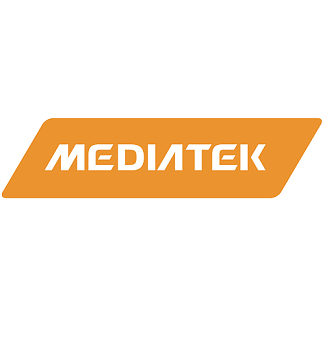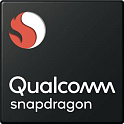 Intel Atom x5 Z8330
Intel Atom x5 Z8330
 MediaTek MT8783
MediaTek MT8783
Comparision Intel Atom x5 Z8330 vs MediaTek MT8783
Grade
Top specs and features
Memory frequency
Technological process
GPU base clock
Number of threads
Turbo GPU clock speed
Description
Intel Atom x5 Z8330 - There is no data - core processor, clocked at There is no data GHz. MediaTek MT8783 is equipped with There is no data cores clocked at There is no data MHz. The maximum frequency of the first processor is 1.9 GHz. The second is capable of overclocking to There is no data GHz.
Intel Atom x5 Z8330 consumes There is no data Watt and MediaTek MT8783 There is no data Watt.
As for the graphics core. Intel Atom x5 Z8330 is equipped with There is no data. The second uses There is no data. The first operates at a frequency of 200 MHz. MediaTek MT8783 operates at There is no data MHz.
Regarding processor memory. Intel Atom x5 Z8330 may support DDRThere is no data. The maximum memory capacity is 2 GB. And its throughput is 12.8 GB/s. MediaTek MT8783 works with DDRThere is no data. The maximum amount of memory can be There is no data. At the same time, the throughput reaches There is no data GB/s
Let's move on to performance testing in benchmarks. In the AnTuTu benchmark, Intel Atom x5 Z8330 scored There is no data points out of 988414 possible points. In the GeekBench 5 (Multi-Core) benchmark, it scored There is no data points out of a possible 16511 points. MediaTek MT8783 in Antutu received There is no data points. And GeekBench 5 (Multi-Core) scored There is no data points .
Results.
Why Intel Atom x5 Z8330 is better than MediaTek MT8783
Intel Atom x5 Z8330 vs MediaTek MT8783: highlights


Interfaces and communications
Memory specification
Performance
FAQ
How many points does Intel Atom x5 Z8330 and MediaTek MT8783 score in benchmarks?
In the Antutu benchmark, Intel Atom x5 Z8330 scored There is no data points. MediaTek MT8783 scored There is no data points.
How many cores does the processor have?
Intel Atom x5 Z8330 has There is no data cores. MediaTek MT8783 has There is no data cores.
Does the processor support NAVIC?
Intel Atom x5 Z8330 There is no data.
How many transistors are there in processors?
Intel Atom x5 Z8330 has There is no data million transistors. MediaTek MT8783 has There is no data million transistors.
What GPU is installed on Intel Atom x5 Z8330 and MediaTek MT8783?
Intel Atom x5 Z8330 uses There is no data. Processor MediaTek MT8783 has graphics core There is no data installed.
How fast are the processors?
Intel Atom x5 Z8330 is clocked at There is no data MHz. MediaTek MT8783 operates at There is no data MHz.
What kind of RAM is supported?
Intel Atom x5 Z8330 supports DDRThere is no data. MediaTek MT8783 supports DDRThere is no data.
What is the maximum frequency of processors?
Intel Atom x5 Z8330 has a maximum frequency of 1.9 Hz. The maximum frequency for MediaTek MT8783 reaches There is no data GHz.
How much energy do they consume?
The power consumption of Intel Atom x5 Z8330 can be up to There is no data Watts. MediaTek MT8783 has up to There is no data Watts.



















